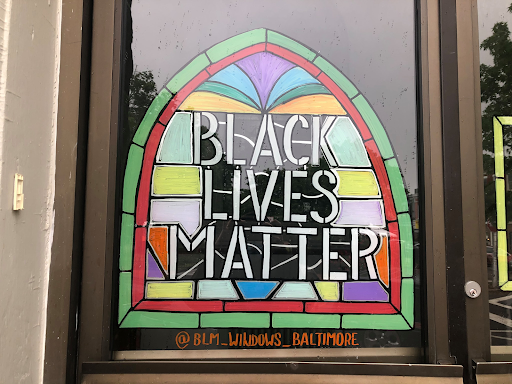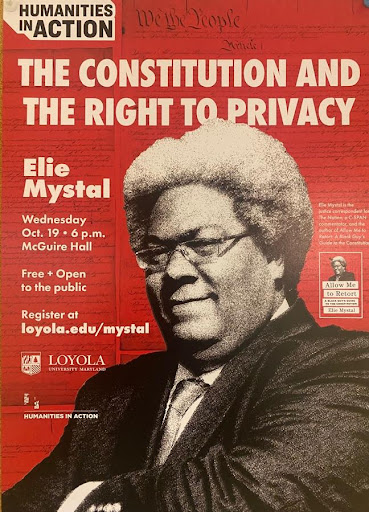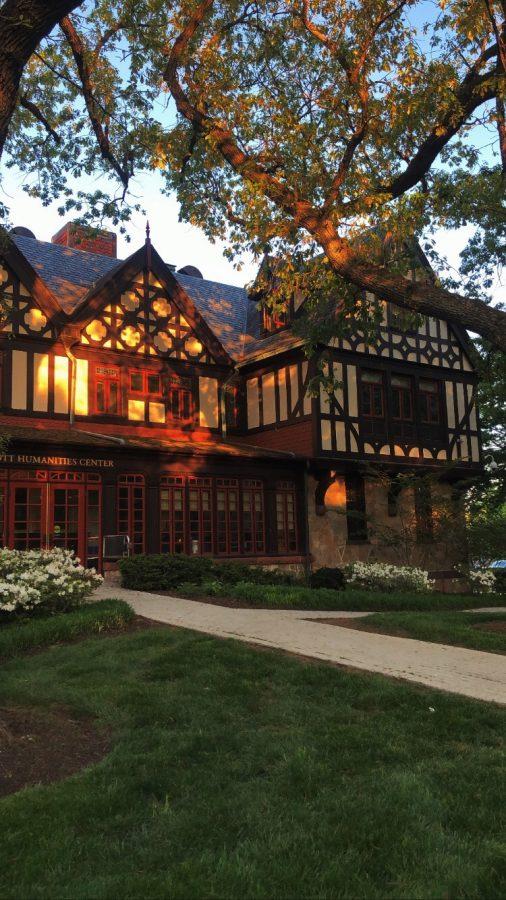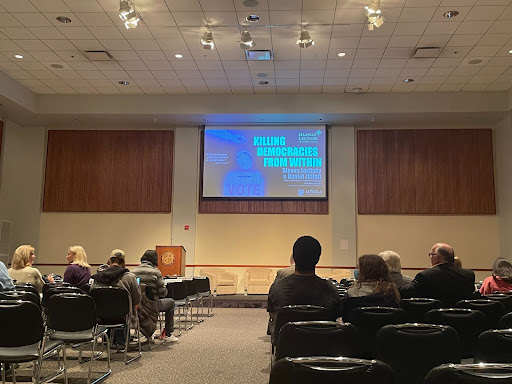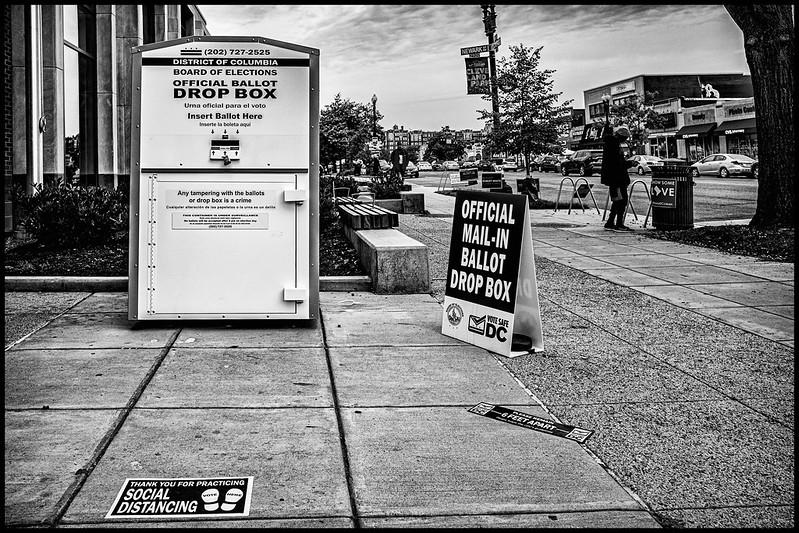Members of the Baltimore community came to Loyola to discuss the mistreatment of young people in America in partnership with Loyola’s Center for Community Service and Justice. On Feb. 1, students and faculty gathered in McGuire Hall to learn about the various initiatives, laws, and practices in place that harm underrepresented youth in today’s world.
The panelists covered how the digital world impacts young people in today’s day and age, how to support the well-being of the youth, and the intersection of race and class when young people are involved in the legal system. The panelists specifically paid attention to themes of fear, the school-to-prison pipeline, and reframing the language we use when talking about young people and safety. Dr. Kelly Quinn from the University of Maryland, Baltimore County Choice Program specifically warned against using the word “juveniles” and suggested replacing it with “youth.” She also recommended changing the term “public safety” to “community repair.”
The discussion began with the topic of the digital world and how its prominence impacts children. Rev. Dr. Marlon Tilghman from Bridge Maryland criticized the 24-hour news cycle, a communications phenomenon where nonstop news coverage dominates. Dr. Nicole Shoenberger, a Loyola associate professor of sociology, reflected on how it poses a problem for young people in America.
“I think technology is both good and bad. We have opened the door to give access to students information in which I did not have when I was in junior high and high school. Becoming digitally literate and the things that you can do on the internet, I think are amazing. But also, we don’t have stop gaps. The information that we are digesting, are we being conscious consumers of that information? Sometimes, we’re not,” she said.
The conversation turned to how the youth is reflected in the media, specifically in situations where criminal justice is involved. CCSJ’s Advocacy & Civic Engagement Coordinator, Nosa Omoregbee, noted a sharp distinction between childhood and adulthood in this system.
“You’re telling children when they leave school, you’re 18, you have to know what you want to do, you have to invest a lot of money if you want to go to school, you’re an adult now. But at the same time, you’re telling them, we don’t trust you enough to do some of the other things attached to being an adult. It seems conflicting and confusing,” Omoregbee said.
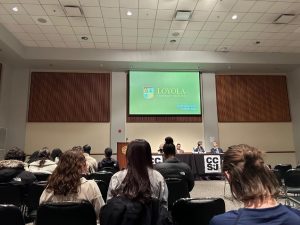
The mention of school brought up the school-to-prison pipeline, a particularly prominent concept in urban schools. The panel members expressed staunch disapproval for practices like having police officers in schools, which they agreed only makes things worse in regard to deescalating situations.
“If you put more police in a school, you make it a prison. It’s criminal what they’re doing,” Tilghman said.
Another theme that came up during the discussion was how fear controls people’s perception of young people, especially those who are people of color. Professor Michael Pinard from University of Maryland School Francis King Carey School of Law referred to the FEAR acronym, False Evidence Appearing Real, to show how biased and prejudiced adults are against the youth.
“We are driven by fear, particularly when it comes to our children. [But] the facts are the exact opposite of the fears they are putting out there,” Tilghman said.
The discussion concluded with the panel reflecting on how to change the situation. The consensus was to show up and advocate for these children. They agreed that young people deserve to be present in these discussions about their future and that bringing them in to share their lived experiences is the best way to show support.
“We need you to engage with people. That’s what it means to be a person for others in the Jesuit tradition,” Dr. Quinn said.







































































































